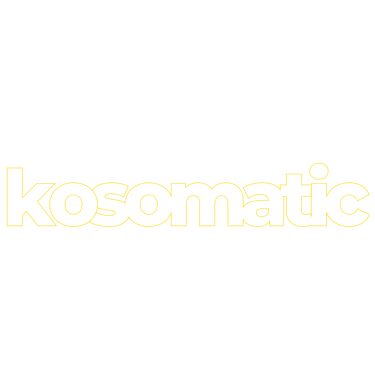Obsessed with Stress...OBSTRESSED!?
Maybe We All Need To Be
STRESS BURNOUTHEALTHMIND-BODY CONNECTION


I'll use that poor portmanteau to describe where my head was at following my burnout in 2019. There are a lot of books on this topic. I've read quite a few of them, so you don't have to, and picked out some key points for this blog post. Through this reading, along with my personal experiences and training in yoga and breathwork, it has become abundantly clear to me how deeply intertwined the mind and body are. Our emotional and psychological state has a profound effect on our physical health. It's time to stop using how many hours you worked this week as a badge of honour, and wake up!
In the field of psychoneuroimmunology — the study of the interaction between psychological processes and the nervous and immune systems — work stress has been highlighted as the primary culprit behind heart disease, trumping traditional factors like high blood pressure or smoking. Chronic stress is lethal. If you're smoking twenty a day on your breaks at your stressful job, I'd say it's a matter of when not if!
Stories of individuals battling diseases such as scleroderma and multiple sclerosis further demonstrate how stress and emotional repression can disarm our immune system, leaving us vulnerable to a host of illnesses.
There is also a narrative that certain illnesses correlate with specific personality types, which adds another layer of complexity to the stress-health connection. For instance, the association between the so-called "ALS personality" and the disease itself, suggests a relationship between emotional experiences and physical health outcomes. This link highlights the need for a holistic approach to health: one that acknowledges the role of personality and emotional management in disease prevention and recovery. I might be able to help you there!
Furthermore, the importance of early life interactions and the development of coping mechanisms highlight the long-term implications of our stress responses. From the impact of parental harmony on a child's future stress resilience to the potential of learned helplessness in exacerbating disease onset, these insights emphasise the foundational role of our early experiences in shaping our future health.
Stress responses like the 'challenge-response' and 'tend-and-befriend' demonstrate our capacity to use stress as a tool for personal growth and create stronger social connections. There is transformative power in redefining our relationship with stress. The actionable advice to learn from stress and embrace our darker emotions as a source of strength and insight offers a counterintuitive, yet powerful, strategy for well-being. Maybe it was this point Darth Vader was alluding to in The Empire Strikes Back when he said, “If only you knew the power of the Dark Side!”
The message is clear: managing stress, understanding our emotional selves, and fostering positive early life interactions are crucial steps towards achieving and maintaining optimal health. By acknowledging and addressing the profound connection between our minds and bodies, we can unlock the door to a healthier, happier, more resilient self.
Check out these particularly good books...
When The Body Says No: The Cost of Hidden Stress by Gabor Maté, The Stress Code: From Surviving To Thriving by Richard Sutton, and The Upside of Stress by Kelly McGonigal.
